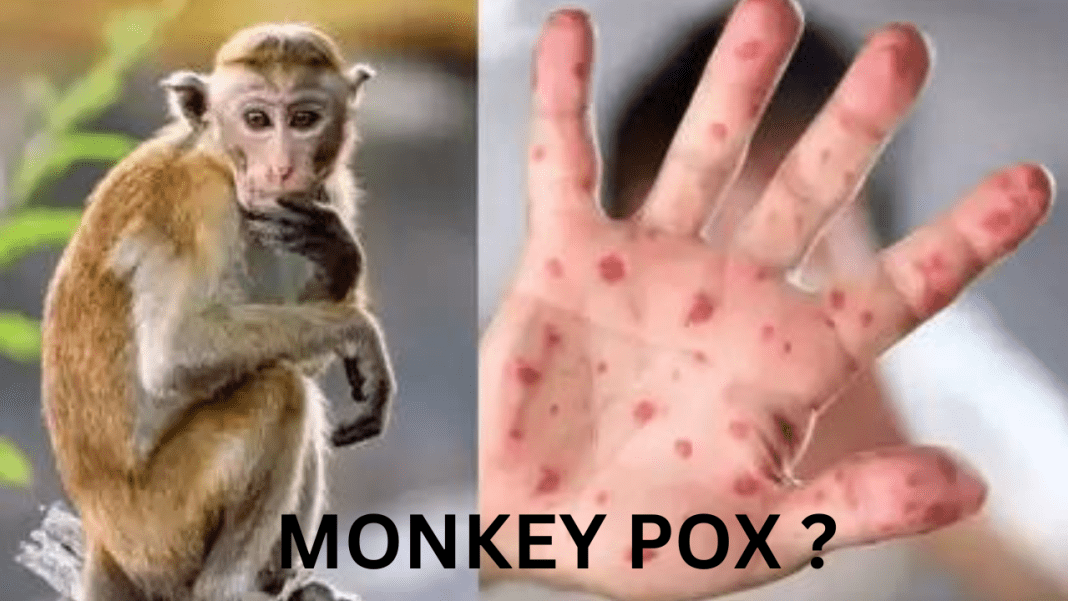The WHO has now declared monkeypox a health emergency following COVID-19. The health agency has recognized it as a ‘Grade 3 Emergency,’ meaning it requires immediate attention without delay. Since January 2023, over 27,000 cases have been reported, and approximately 1,100 deaths have been recorded. While Mpox cases were previously observed only in Africa, recent cases have been detected in other countries as well, including a recent case in Pakistan.
What is Monkeypox?
Mpox is caused by the monkeypox virus. It was previously known as monkeypox. Scientists first identified it in 1958 when they observed a ‘pox-like’ illness in monkeys.
How Does Mpox Spread?
Mpox usually spreads through contact with infected individuals or animals. It can be transmitted from one person to another through direct contact with an infected person’s bodily fluids. Most cases in Central and West Africa have been seen among people who have had contact with infected animals.
Experts suggest that the virus can also spread through contaminated objects such as clothing or linens, or from public places like parlors and malls where common items are used. If an infected animal bites a person, the virus can also spread. Fortunately, the virus has not yet reached India, but it is essential to remain cautious.
Symptoms
Individuals infected with the virus may show several symptoms, including a rash on the body, often on the hands, feet, chest, and face. These rashes are usually pustular and form scabs before healing. Other symptoms include fever, headache, and muscle pain. The symptoms are very similar to chickenpox. In some cases, the virus can be fatal. Symptoms usually appear within 21 days of exposure to the virus. Children, pregnant women, and people with weakened immune systems are at higher risk of severe infection.
Treatment
There is currently no specific treatment for monkeypox. However, the WHO recommends medication to manage pain and fever. On a positive note, those who have had smallpox or chickenpox, or who have been vaccinated against them, have a significantly lower risk of contracting the disease.
Also Read: World Photography Day: From the First Photo to Modern-Day Mobile Cameras





